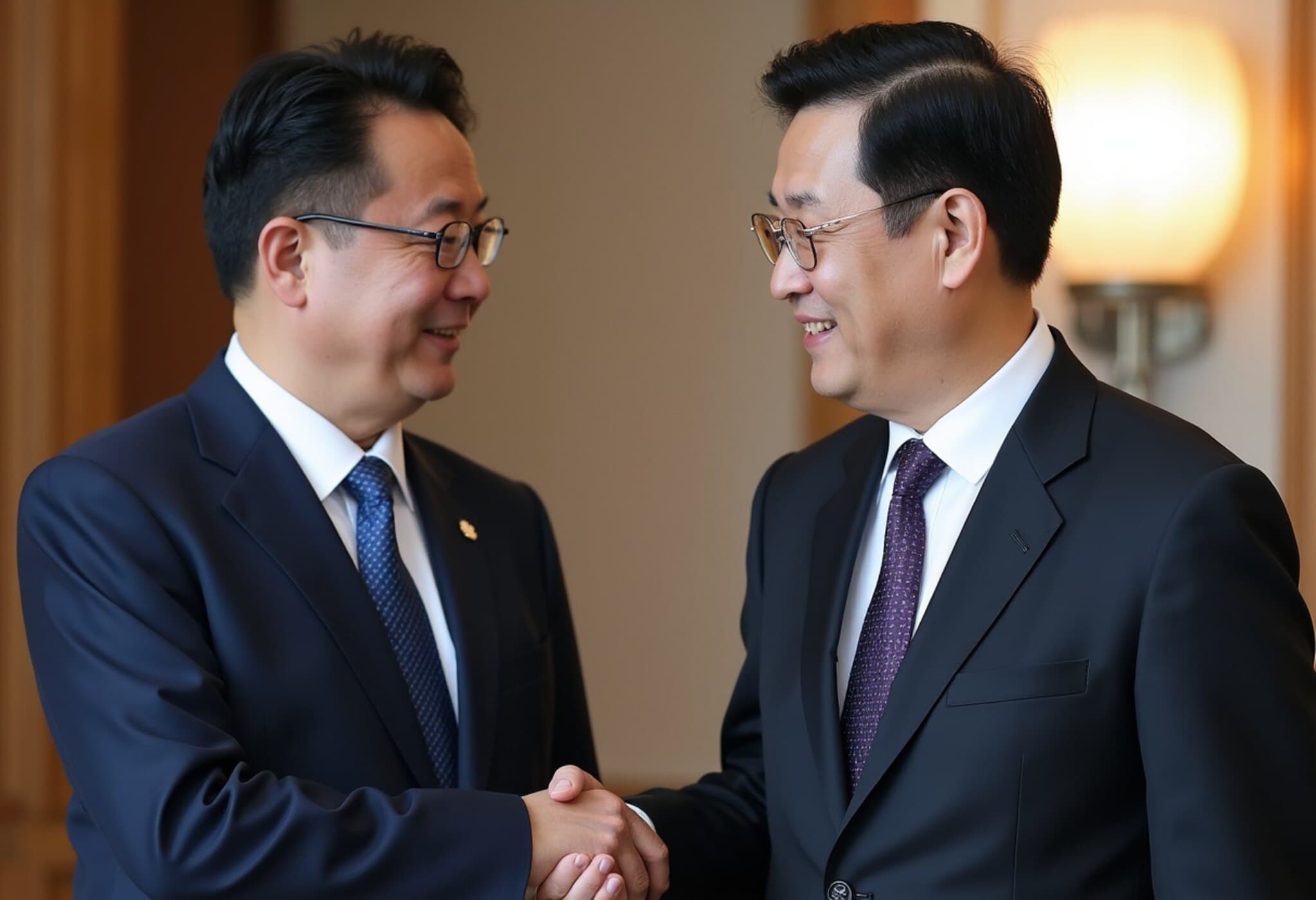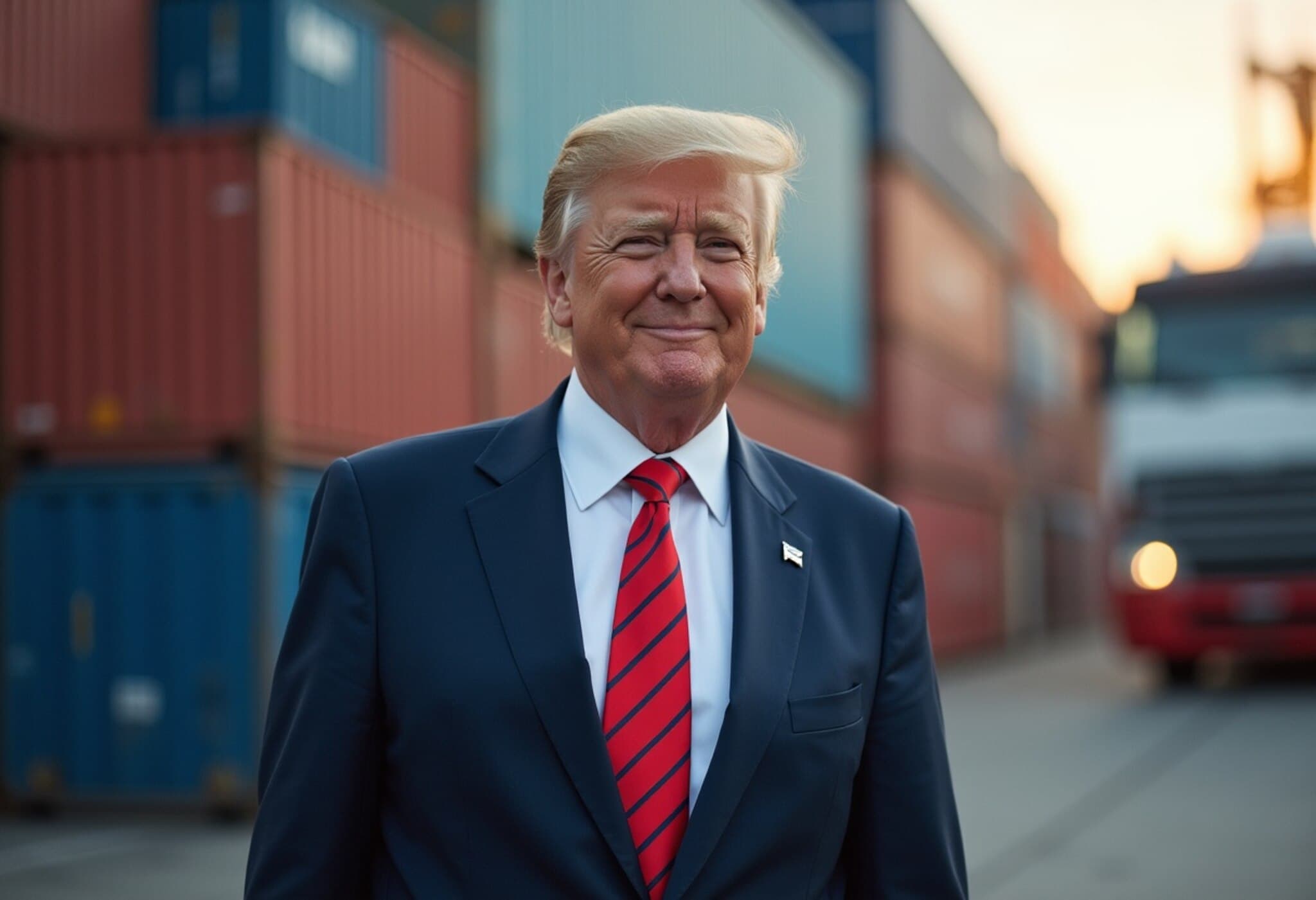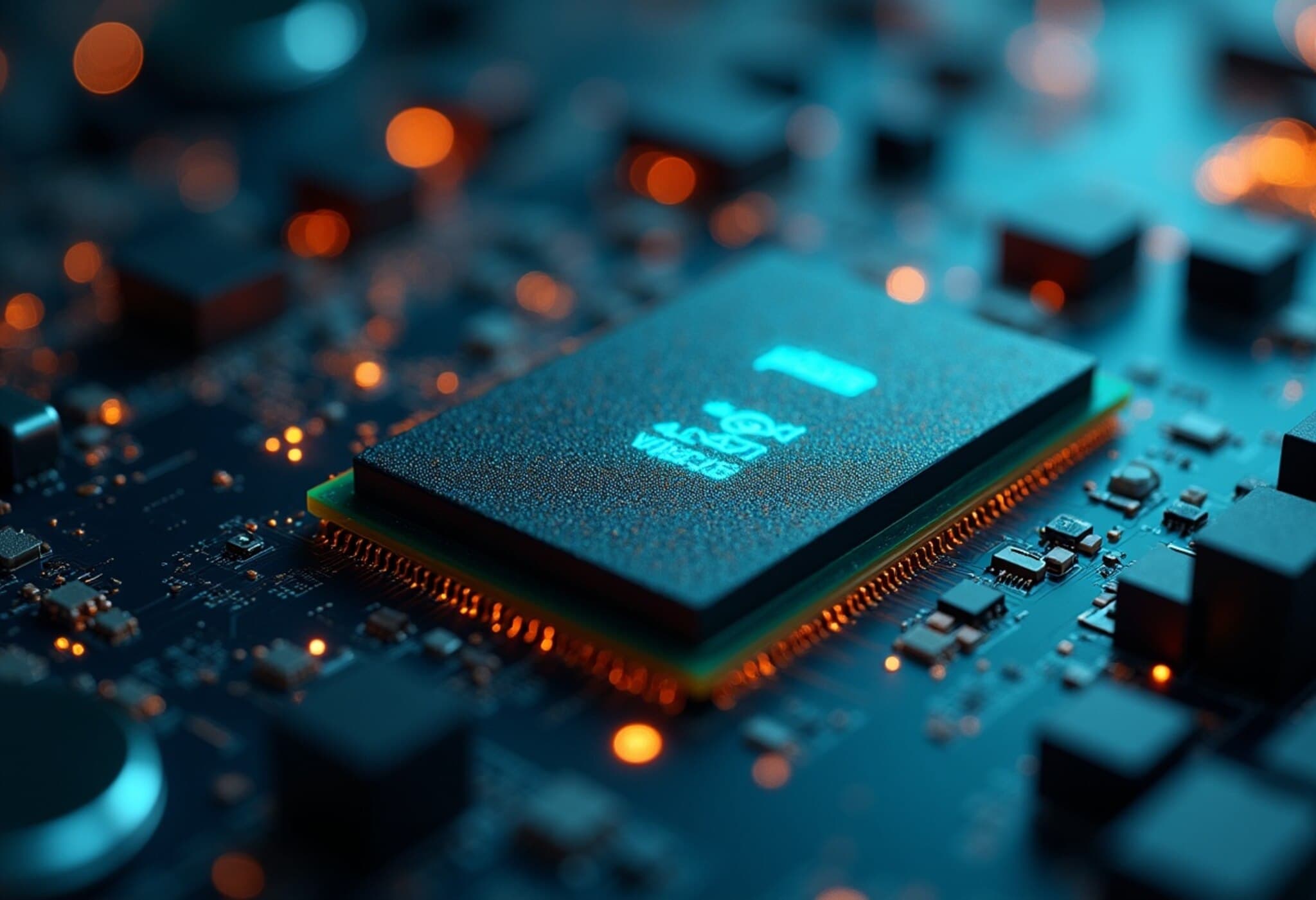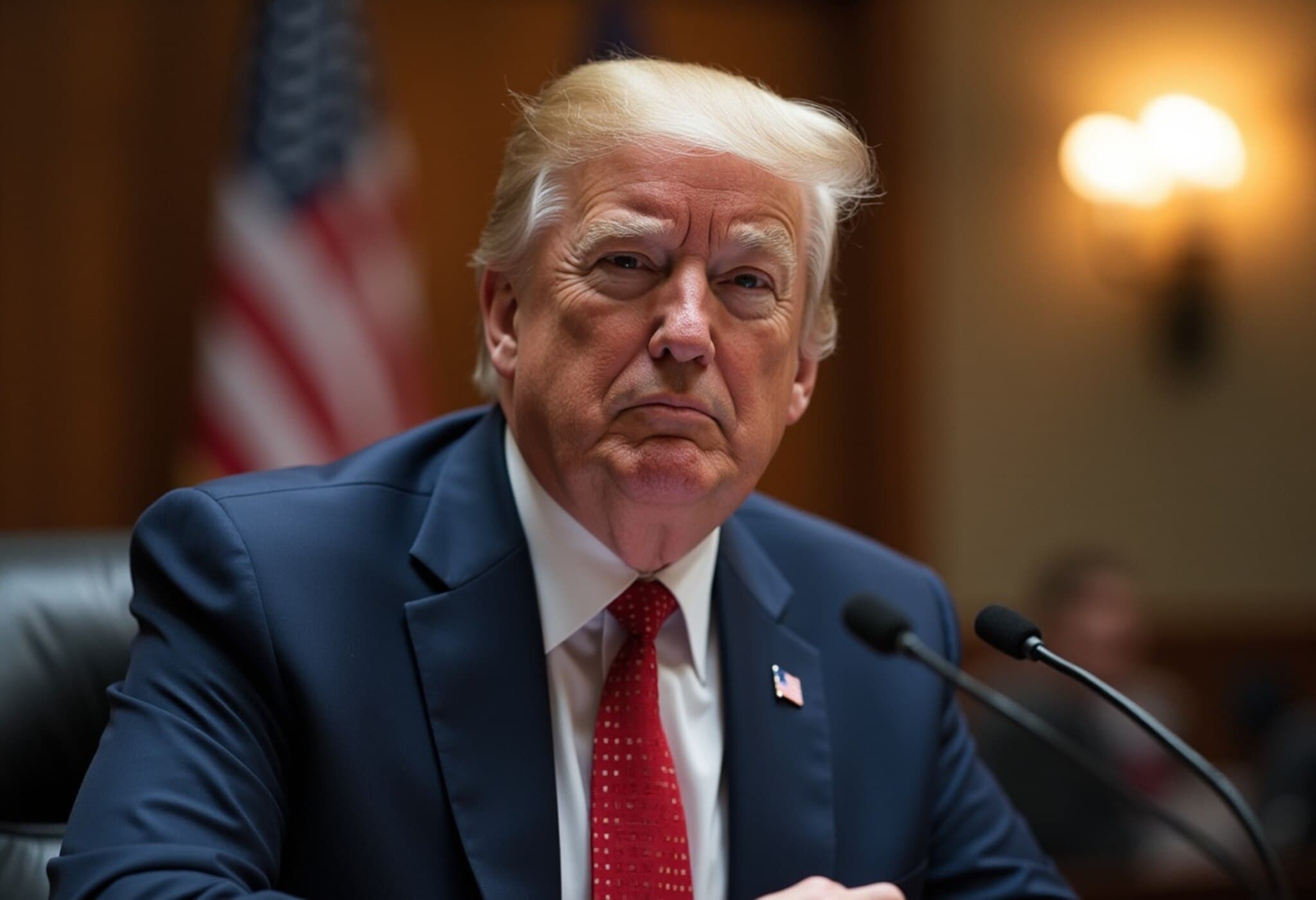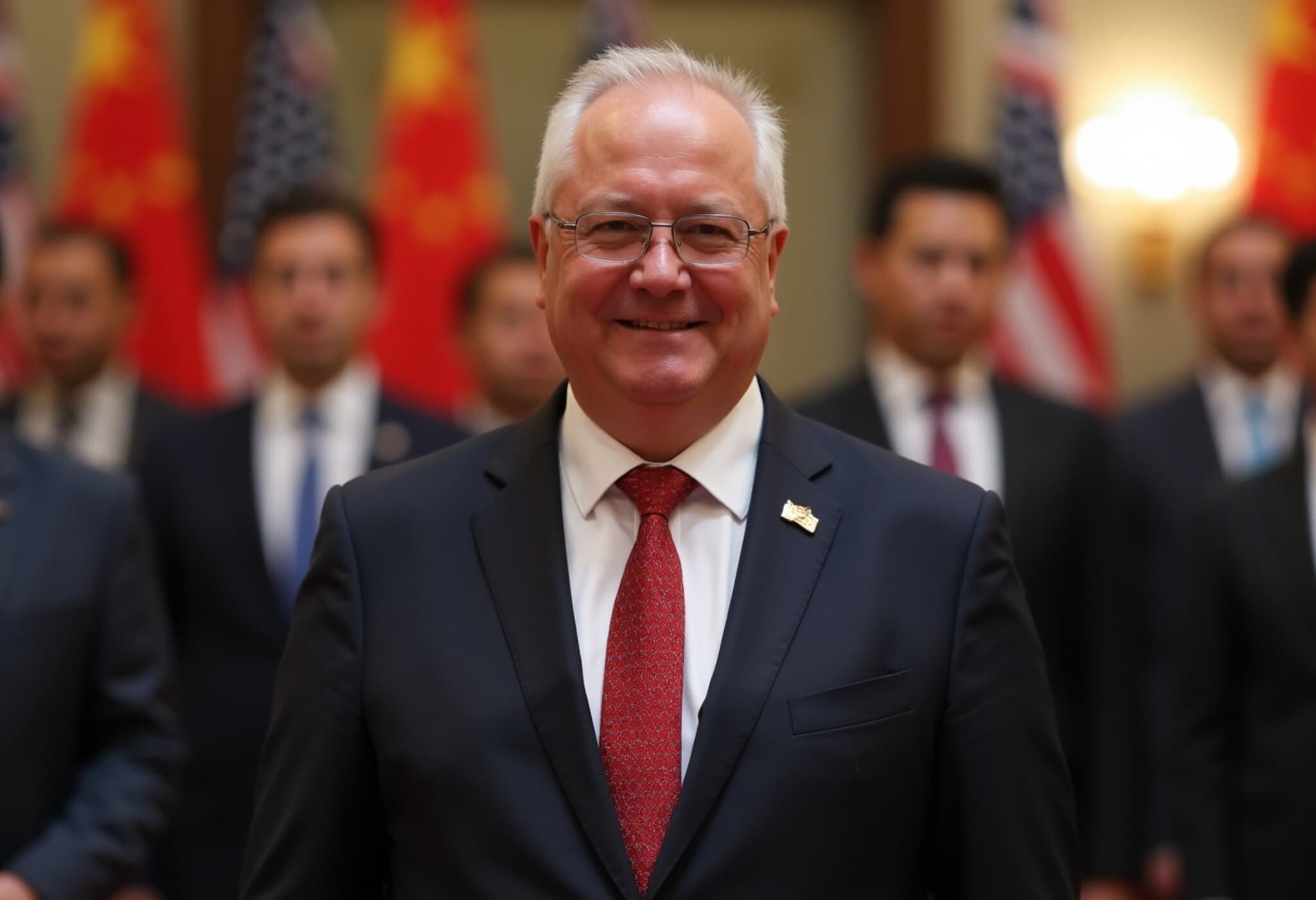US Export License Backlog Reaches Unprecedented Levels Amid Internal Bureaucratic Struggles
In 2025, thousands of US export license applications, particularly for high-value technology shipments to China, have become ensnared in one of the most severe bureaucratic gridlocks in recent history. The source of this turmoil is the Bureau of Industry and Security (BIS), under the Department of Commerce, which finds itself nearly paralyzed by internal leadership struggles, staff departures, and unclear policies.
Mounting Delays Impact Critical Tech Exports, Including AI
The backlog's effects ripple deeply across the high-tech sector. Notably, shipments of artificial intelligence chips produced by Nvidia to China have faced delays despite public statements from both the company and Commerce Secretary Howard Lutnick affirming that licenses were forthcoming.
As of mid-July 2025, no licenses for Nvidia’s H20 AI chip had been issued, putting billions of dollars in export orders at risk. One senior US official described the current backlog as the longest in over three decades, reflecting a persistent and systemic blockage.
Leadership Challenges and Bureaucratic Gridlock
The BIS, which is responsible for balancing the facilitation of American exports with the national security imperative to limit technology transfer to adversaries, is facing criticism for its operational dysfunction. Jeffrey Kessler, the new BIS undersecretary appointed in March 2025, has reportedly imposed strict communications controls, including increased micromanagement and constraints on staff interactions with industry representatives.
Sources reveal that Kessler has required staff to document every interaction, restrict meetings with stakeholders, and even seek approvals for agency collaborations—actions that have slowed responsiveness and increased internal friction.
Industry Voices Growing Concern Over Strategic Disadvantages
Meghan Harris, a former National Security Council member and Commerce Department official, emphasized the strategic risks posed by delays: “Licensing is how the US does business and competes globally. Delays and unpredictability put us at an unnecessary disadvantage.”
Sean Stein, president of the US-China Business Council, expressed worries about lost momentum in critical sectors such as semiconductors: “With no indication of when licenses will clear, Chinese firms are pivoting to local suppliers, eroding US market share long-term.”
Trade consultants like Jim Anzalone have observed similar challenges extending beyond China-centric exports, with sensor and radar technologies bound for Latin America also mired in uncertainty.
Stalled Policy Updates Adding Complexity
The department’s doldrums have also stalled essential regulatory revisions. For example, a Biden-era rule designed to restrict AI chip exports was promised to be rescinded and replaced, but months later remains in limbo. Meanwhile, other critical policy drafts aimed at tightening export controls on subsidiaries of banned companies continue to await official publication.
Vacancies in strategic posts, such as China-based export control officers, combined with the loss of seasoned professionals like Dan Clutch—recently retired acting director of Export Enforcement—compound institutional knowledge gaps and enforcement challenges.
Broader Implications and Policy Context
This prolonged paralysis does more than inconvenience exporters; it undermines US geopolitical and economic positioning amid intensifying global competition, especially with China. The United States seeks to maintain its technology edge while managing national security risks, but an ineffectual licensing process threatens both.
Experts worry that continued delays will force American companies either to forgo lucrative sales or seek workarounds that may compromise US strategic interests. The Commerce Department, balancing economic growth and security, must resolve these internal dysfunctions to regain credibility.
Editor’s Note
The unfolding export license backlog unearths critical questions about the capacity of the US government to adapt its regulatory processes to fast-moving global tech dynamics. Beyond personnel and leadership challenges, can the Department of Commerce reform its licensing bureaucracy to better serve both economic and security goals? As AI and semiconductor technologies shape the 21st-century geopolitical landscape, efficient and transparent export controls will be pivotal. Stakeholders and policymakers alike should watch closely how this saga evolves with implications reaching far beyond simply delayed shipments.




